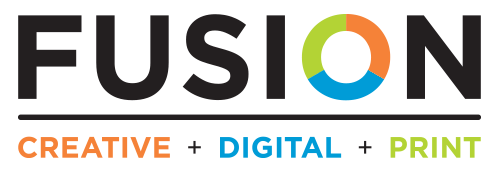As marketers, we love personalized printing. It offers a lower cost per lead. It also results in higher per order values and increased ROI. But there is another (often overlooked) benefit of personalization, too. It improves sustainability.
Is personalized marketing more sustainable? Yes! Here’s why:
It tends to be more targeted and focused. This means you are likely sending out fewer but more relevant pieces, reducing the overall footprint of your campaign.
Personalization requires a clean and relevant database. Cleaner databases mean that your recipients produce fewer undeliverable pieces.
Personalized printing relies on digital production, eliminating plates, chemicals, and spray powders.
Let’s look at three examples of how personalized printing can reduce the environmental impact of your campaign.
Personalized booklets: Say you are a small college, mailing four-color catalogs to prospective students. Each catalog is 252 pages, covering various disciplines and extra-curricular activities. Only 25% of the material might be relevant to each student, who never read the other 75%. What a waste of paper, ink, and energy! Now, say you print 64-page catalogs of highly relevant material instead. Not only does this increase the relevance (and impact) of the booklets, but you’ve just reduced your environmental impact by 75%.
Personalized postcards: In a static, untargeted mail campaign, you might send out 15,000 postcards to an undifferentiated mailing list. By personalizing the campaign, you mail to a highly targeted segment of customers instead. Now, rather than sending out 15,000 pieces, you might send only 5,000 pieces, but because these offers are more targeted, your ROI on the campaign is higher. Plus, you’ve just reduced your printing and mailing volume by two-thirds.
Database cleansing: Even if you still choose to mail to your entire list, you can be more sustainable by simply de-duping, updating, and cleaning your lists. By eliminating duplicates, misspelled names, and undeliverable addresses, you are eliminating the waste, cost, and environmental impact of producing mail that will never reach its destination. One cataloger slashed its print volumes by 50% simply by cleaning up its list!
Personalized printing is not only good for the planet, but it’s good for business, too. So do a marketing double-dip—personalize it!




